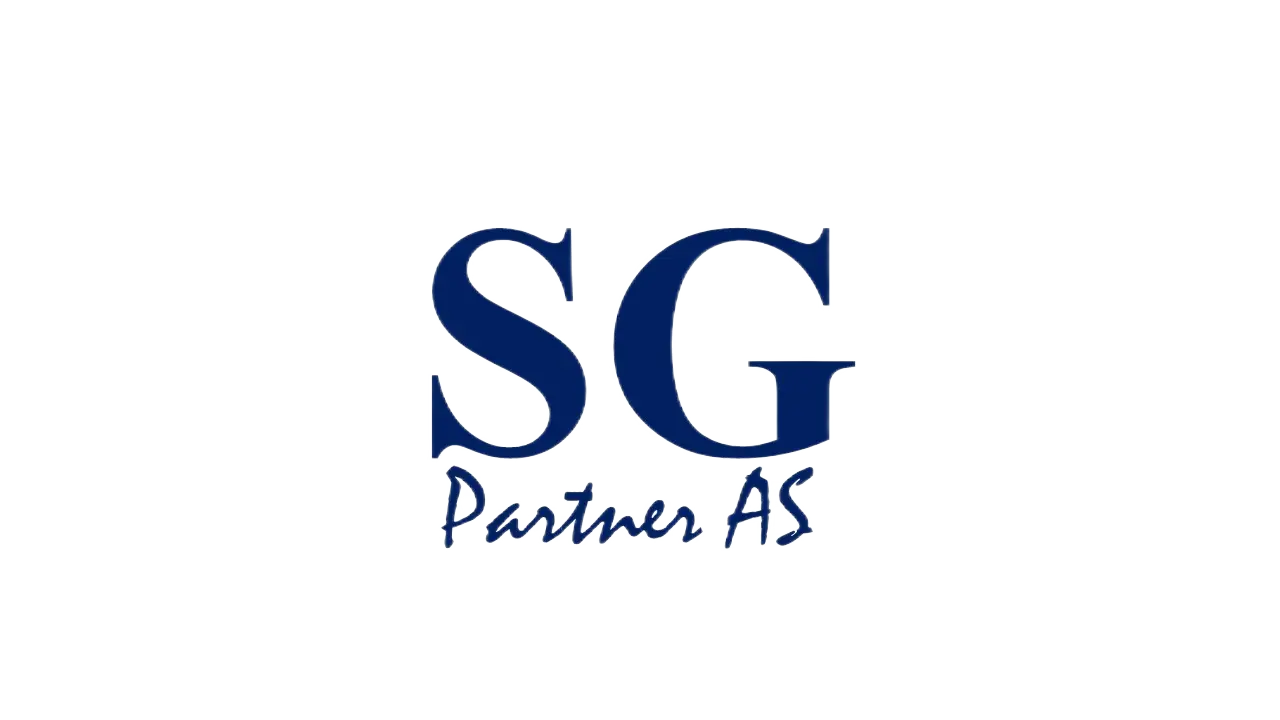COURSE OBJECTIVE:
After you complete this course you will be able to:
• Understand concepts regarding the high-velocity nature of the digital enterprise, including the demand it places on IT.
• Understand the digital product lifecycle in terms of the ITIL® ‘operating model'.
• Understand the importance of the ITIL® Guiding Principles and other fundamental concepts for delivering high velocity IT.
• Know how to contribute to achieving value with digital products.
TARGET AUDIENCE:
This course is aimed at individuals continuing their journey in service management, ITSM managers and aspiring ITSM managers, IT managers and practitioners involved in digital services or working in digital transformation projects, working within or towards high velocity environments.
COURSE PREREQUISITES:
Attendees should meet the following prerequisites:
• Candidates must hold the ITIL® 4 Foundation certificate.
COURSE CONTENT:
• Understand the following terms:
• Digital organization
• High velocity IT
• Digital transformation
• IT transformation
• Digital products
• Digital technology
• Understand when the transformation to high velocity IT is desirable and feasible
• The five objectives associated with digital products – to achieve:
• Valuable investments – strategically innovative and effective application of IT
• Fast development – quick realization and delivery of IT services and IT related products
• Resilient operations – highly resilient IT services and IT related products
• Co-created value – effective interaction between service provider and consumer
• Assured conformance – to governance, risk and compliance (GRC) requirements
• Understand how high velocity IT relates to:
• The four dimensions of service management
• The ITIL service value system
• The service value chain
• The digital product lifecycle
• Understand the following concepts:
• Ethics
• Safety culture
• Toyota Kata
• Lean / Agile / Resilient / Continuous
• Service-dominant logic
• Design thinking
• Complexity thinking
• Know how to use the following principles, models and concepts:
• Ethics
• Safety culture
• Lean culture
• Toyota Kata
• Lean / Agile / Resilient / Continuous
• Service-dominant logic
• Design thinking
• Complexity thinking
• To contribute to:
• Help get customers' jobs done
• Trust and be trusted
• Commit to performance
• Deal with uncertainty
• Improve by being inquisitive
• Know how the service provider ensures valuable investments are achieved
• Know how to use the following practices to contribute to achieving valuable investments:
• Portfolio management
• Relationship management
• Know how the service provider ensures fast deployment is achieved
• Know how to use the following practices to contribute to achieving fast deployment:
• Architecture management
• Business analysis
• Deployment management
• Service validation and testing
• Software development and management
• Know how the service provider ensures resilient operations are achieved
• Know how to use the following practices to contribute to achieving resilient operations:
• Availability management
• Capacity and performance management
• Monitoring and event management
• Problem management
• Service continuity management
• Infrastructure and platform management
• Know how the service provider ensures co-created value is achieved
• Know how to use the following practices to contribute to achieving co-created value with:
• Relationship management
• Service design
• Service desk
• Know how the service provider ensures assured conformance is achieved
• Know how to use the following practices to contribute to achieving assured conformance:
• Information security management
• Risk management
FOLLOW ON COURSES:
The following courses are recommended for further study:
ITIL® 4: Create, Deliver, Support
ITIL® 4: Drive Stakeholder Value
ITIL® 4: Direct, Plan, Improve
